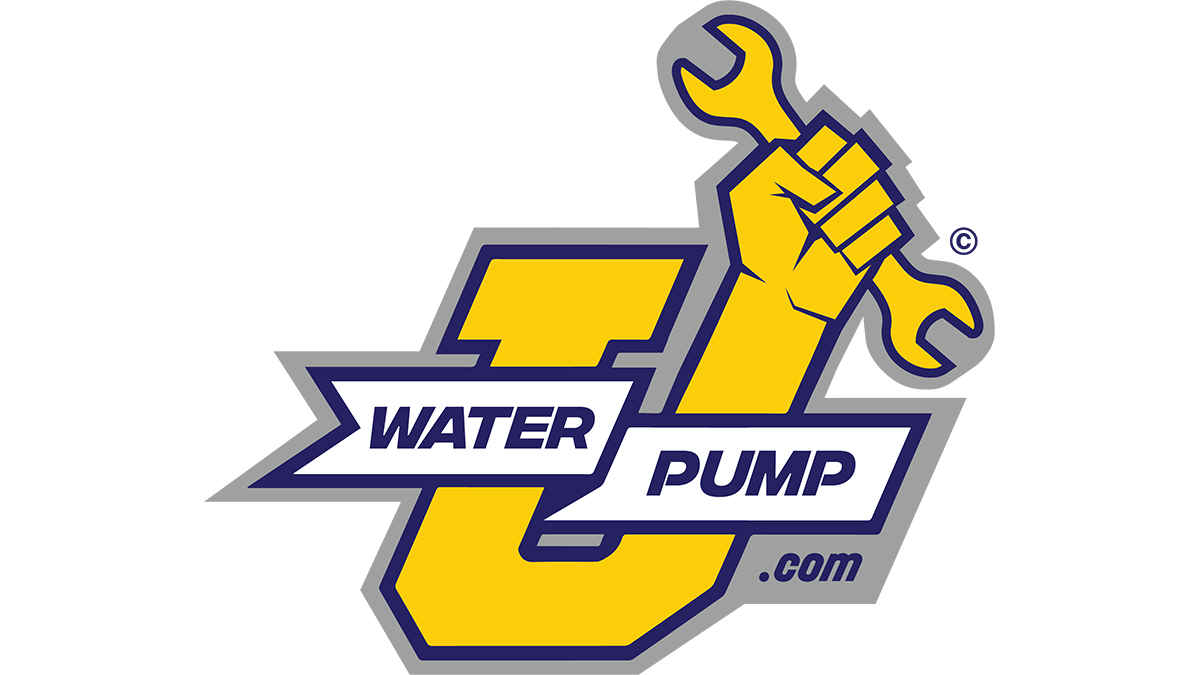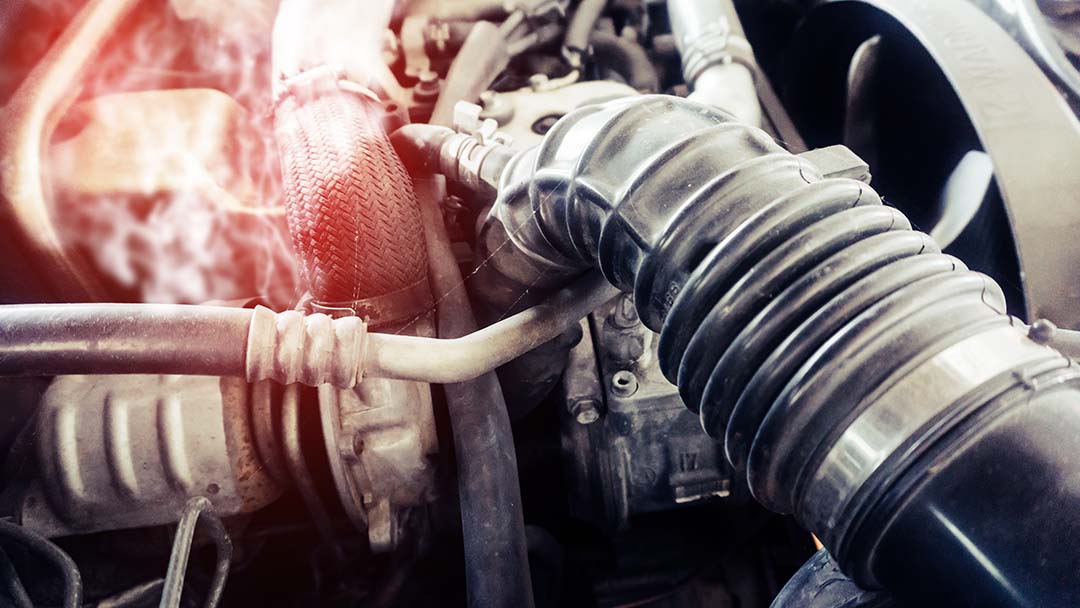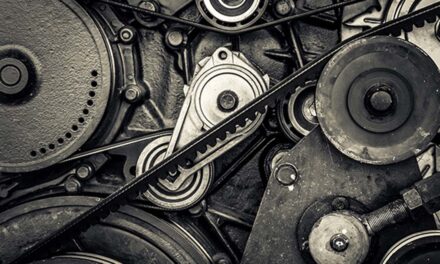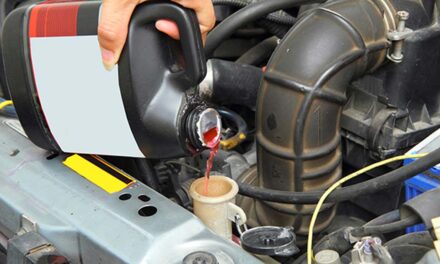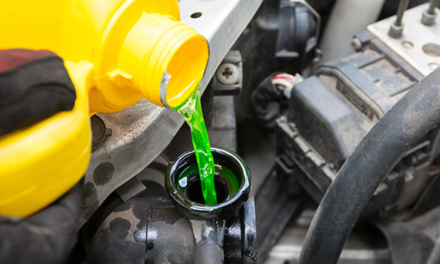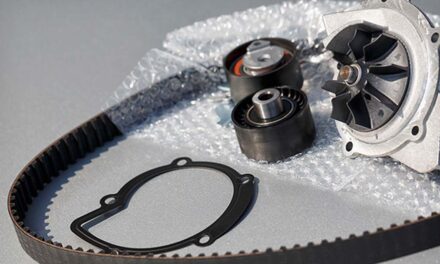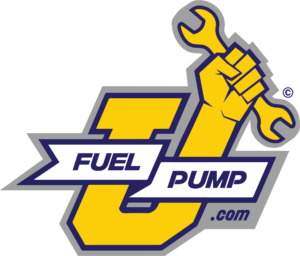Engines can overheat for a variety of reasons, but the main causes usually involve the cooling system being impeded from properly absorbing and dissipating heat.
Be aware of these top 10 ways an engine can overheat:
- A leak in the cooling system. A cooling system leak is a major cause of auto engines overheating. The radiator, radiator cap, hoses, water pump, heater core, thermostat housing, freeze plugs, head gasket, transmission oil cooler, or cylinder heads/block are all possible culprits. To determine if there’s a leak, perform a pressure test; if the system cannot hold pressure for at least a minute, there’s probably a leak.
- A faulty thermostat. The thermostat opens and closes in response to engine temperature, and when open, heated coolant passes through to the radiator. When closed, the flow of coolant is prevented in order to speed up the warming of a cold engine. If the thermostat gets stuck when closed, the coolant will stay in the engine and become overheated. If stuck open, the proper operating temperature will not be reached.
- Incorrect coolant concentration. The wrong kind of coolant or coolant/distilled water ratio can cause the engine to overheat. Be sure and use the proper coolant as recommended by the vehicle manufacturer.
- Blocked passageways. Dirt, rust, sediment, and debris can impede or block coolant flow through the system, limiting its ability to regulate engine temperature. Contaminants can also cause premature failure of cooling system components.
- A bad radiator fan, fan clutch, or fan blade. A fan that wobbles has a broken shroud or spins when the engine is off and won’t be able to properly regulate engine temperature.
- A faulty radiator. Coolant temperature is reduced in the radiator as it passes through a series of fins and tubes. Clogging and leaks are very common causes of radiator failure. Any type of disruption in radiator function can cause harmful elevated engine temperature and lead to overheating.
- Worn out hoses. Hoses that are cracked or split will leak, causing disruption in the flow of engine coolant. The engine will then overheat.
- A broken belt. In most cooling systems, belts help drive the water pump at the proper speed for coolant to flow properly throughout the cooling system. A broken belt prevents the water pump from rotating and will lead to engine overheating.
- A loose belt. Even if a belt is just loose and not broken, it won’t be able to maintain the correct speed for proper water pump rotation and coolant flow.
- A failing or defective water pump. The water pump is considered the core of the cooling system. It is responsible for pressurizing the coolant and propelling it through the system. If the water pump malfunctions due to eroded impeller vanes, cooling system contamination, a wobble in the pump shaft, or a leak, the flow will be disrupted and the engine can overheat.
